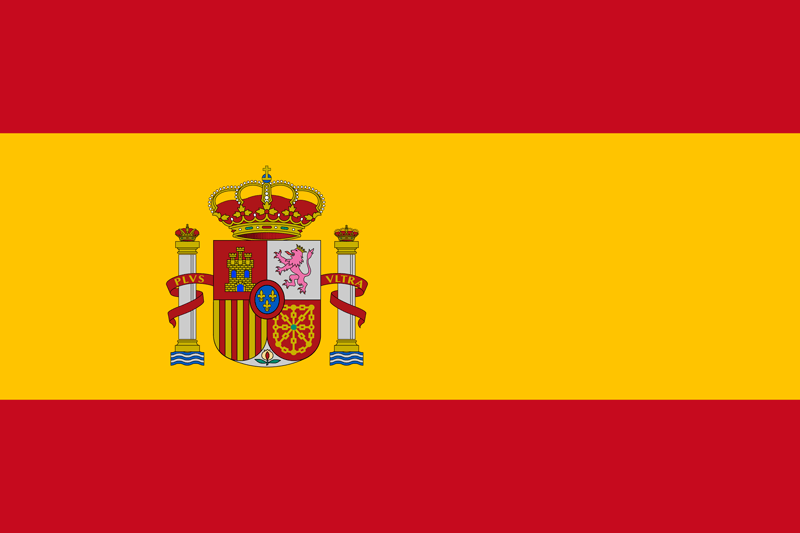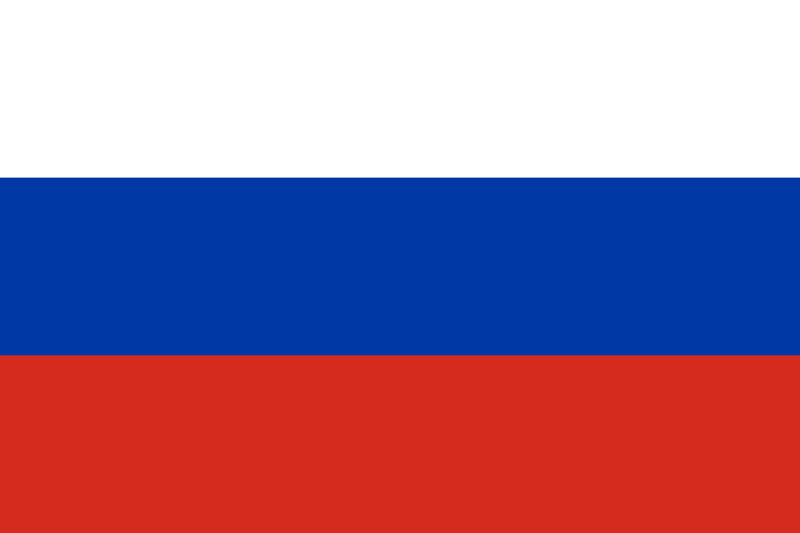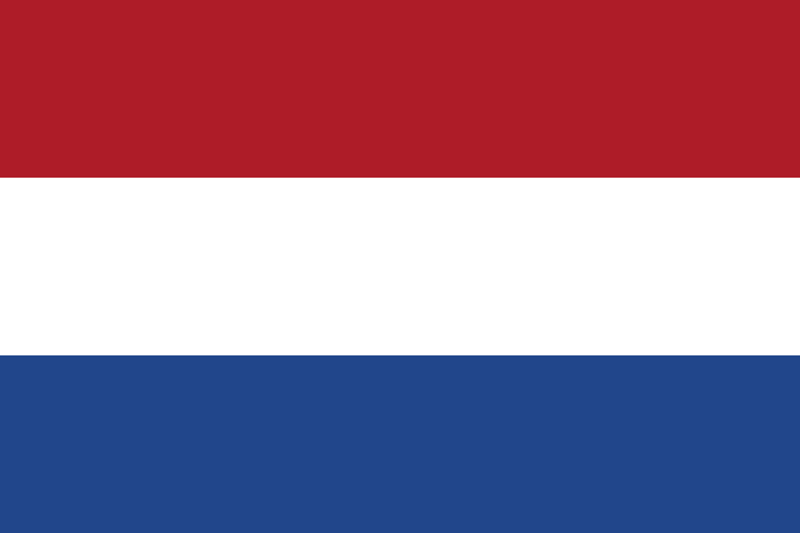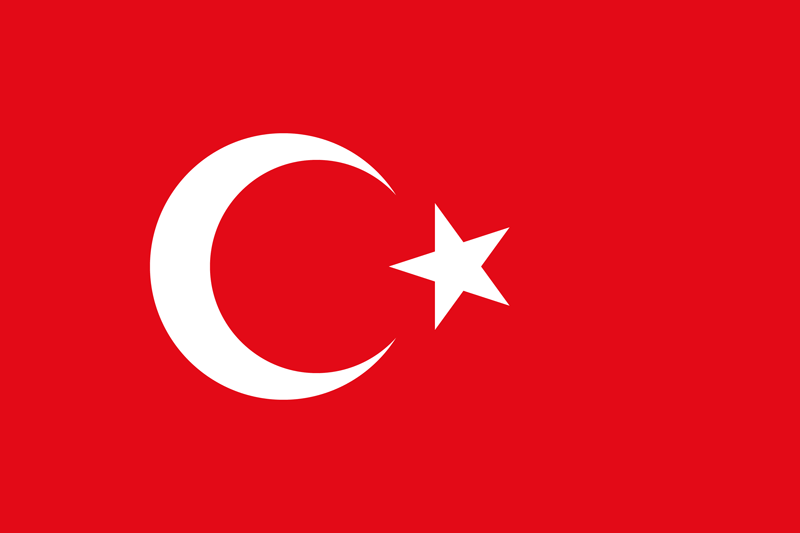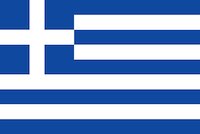What are Human Sciences?
Human sciences study how people think, behave, and interact, combining insights from various fields like psychology, sociology, anthropology, and even elements of biology. This multidisciplinary approach helps to explore and understand the complexities of human life, from individual decision-making processes to the broad patterns of cultural and societal development. By studying human sciences, you gain a holistic view of the factors that shape human experiences and how they relate to each other within society.
Human sciences and Natural sciences overlap in some really interesting ways. For example, when scientists study how the human brain works, they’re using psychology (which is a human science) and biology (which is a natural science). Another area where they meet is in environmental studies, where experts look at how people’s choices affect nature and how this, in turn, influences human life. So, while human sciences focus on people and how they live together, and natural sciences look at the natural world, sometimes they work together to solve big puzzles about how humans and nature interact.
Exploring human sciences often leads to surprising insights across diverse fields, such as behavioural economics and environmental psychology, where the interconnectedness of human behaviour and natural systems can be studied in depth, reflecting the broad and unexpected range of topics summer schools cover.
What’s the Role of Summer Schools in Studying Human Sciences
Summer schools are a fantastic way to dive into the fascinating world of human sciences. In just a few weeks, you can start to unravel the complexities of how we think, behave, and interact with our surroundings. These courses mix fun with learning, offering a chance to see the world from different angles while meeting new friends from across the globe. Whether you’re exploring psychology, sociology, or any other human science, you’ll leave with not just deeper knowledge but also skills and insights that will last a lifetime. It’s the perfect way to make your summer both educational and truly unforgettable! There are fascinating combinations that will draw you into this absorbing field.
Sociology and Anthropology at Summer Schools
By studying subjects like sociology and anthropology, human sciences delve into how societies function and evolve. These subjects help us see the bigger social patterns and the roles we play within them. An example of this is examining the impact of social media on modern communication and relationships, explored in depth in courses such as “Sociology and Anthropology” at Oxford Summer Courses.
Perfectly encapsulating the essence of human sciences, this course at Oxford explores the intricate structures of human societies and cultural dynamics. Students are immersed in topics ranging from the evolution of human societies to modern social issues, offering a lens through which to view human interactions and cultural patterns. This exploration is critical for understanding the broader field of human sciences.
Participants in this course benefit from Oxford’s historic academic setting and tutorial-style teaching, which fosters a personalized learning experience. The course includes hands-on activities, engaging seminars, and discussions that allow students to apply their knowledge in real-world scenarios. It’s an ideal setting for students looking to understand or deepen their understanding of sociology and anthropology in a globally recognized academic environment.
Genetics at Summer Schools
Genetics is a pivotal branch of human sciences, connecting biological aspects with the social and ethical implications of scientific advancements. This course at Cambridge places students at the heart of genetic research, where they explore how genetics plays a crucial role in everything from medical treatments to ethical debates, directly linking to the core interests of human sciences.
Set within the historic walls of Jesus College, Cambridge, the Genetics course takes students to the forefront of scientific discovery. At the very institution where the DNA double helix was first unravelled, students delve into the world of medical genetics, exploring genetic linkage, DNA manipulation, and the study of inherited diseases. This course provides a rare opportunity to work alongside top researchers in genomics and biotechnology.
The program includes a variety of practical sessions where students can apply their knowledge, from DNA sequencing to analyzing the genetic basis of diseases. It also addresses the ethical dilemmas posed by genetic engineering and gene therapy, preparing students to think critically about the implications of these technologies. With its blend of rigorous science and ethical considerations, this course is perfect for aspiring geneticists and medical researchers looking to make a significant impact in the field.
Psychology and Economics at Summer Schools
Psychology and economics are also key parts of human sciences. Psychology focuses on individual and group behaviour, explaining why we do what we do. Economics looks at how we manage resources and make choices, which reveals a lot about societal priorities and personal values. For instance, understanding consumer behaviour during a sale event can illustrate basic economic and psychological principles, themes covered in the “Behavioral Economics” summer course.
Behavioral Economics is like the psychology behind money. This course at Cambridge combines economics, psychology, and game theory to dive into why people make certain financial decisions—like why someone would splurge on a designer handbag or save up for a big vacation. It looks at what influences spending habits, from emotional triggers to social influences, and unpacks theories about consumer behaviour. You’ll get to question and analyze why people might behave irrationally with their money, such as overpaying for brand names or underestimating risks.
You’ll be studying at Jesus College in Cambridge, where historical figures like Samuel Taylor Coleridge and Thomas Cranmer once studied. But it’s not just about the academics; the course offers a full experience with meals in the grand dining hall, a variety of classroom settings, and plenty of extracurricular activities to explore Cambridge’s rich history and culture. It’s a unique opportunity to blend learning with an immersive cultural experience in one of the world’s most prestigious educational settings.
How Diverse Courses Use Human Sciences
These extra courses below might not be strictly about human sciences, but they certainly show us how human sciences can spice up other subjects! They dive into how people create and enjoy different cultures, how we communicate, and even how we think. While exploring cool topics like fashion in New York or fantasy literature in Oxford, these courses help you see how our actions and thoughts shape the world and the stories we tell. They’re highly engaging and give you a peek into why people behave in certain ways, linking them back to human sciences in a way that’s easy to understand and really fun to learn about.
Human Geography at Summer Schools
Human Geography explores the relationships between people and their environments, focusing on how communities shape their spaces and vice versa. It addresses topics like urbanization, migration, and cultural landscapes. For example, studying the impact of urban development on local ecosystems can reveal how human activities affect biodiversity. Courses like “Think Global!” at UK Boarding Schools, which blends language learning with global citizenship education, often touch on geographical impacts and encourage students to think about sustainable living in different cultural settings.
The “Think Global!” course is offered at UK Boarding Schools and follows UNESCO’s Four Pillars of Learning—learning to know, to do, to be, and to live together. This program is hosted in an immersive environment that enhances language skills while instilling a deep sense of global responsibility among students, making use of the boarding school’s extensive facilities to provide a comprehensive educational experience.
This approach directly ties into Human Sciences by examining how geographic factors influence human behaviour and societal development, providing students with a deeper understanding of the interaction between people and their environments.
Cultural Studies
Cultural Studies investigates the ways in which culture is both constructed and consumed. It looks at cultural practices across various societies and how these practices influence identity and social norms. A relevant example could be examining the globalization of pop culture and its effects on local traditions. This is explored in courses like “Fashion in New York,” where students learn about the global influences on fashion trends and the industry’s role in shaping cultural identities.
The “Fashion in New York” course, focusing on global influences in the fashion industry, includes visits to flagship stores and their suppliers in the Garment District, covering brand strategy and consumer experience, which are directly impacted by global trends. Additionally, the course culminates in a student-organized fashion show, providing a practical platform for students to apply their learned concepts about global fashion trends and their impact on design and marketing.
This course highlights the intersection of human sciences and fashion by exploring how cultural, social, and economic factors influence individual and collective identity through clothing, directly linking cultural studies to real-world applications.
Oxford and the Rise of Fantasy
Oxford and the Rise of Fantasy is a unique course that explores the development of the fantasy genre within the rich historical and cultural context of Oxford. This course examines how historical figures and movements within Oxford have influenced major fantasy authors like J.R.R. Tolkien and C.S. Lewis. Students delve into how these authors used their understanding of human nature, mythology, and cultural narratives—core elements of human sciences—to craft stories that resonate deeply with human experiences and societal values. This connection makes it an intriguing study of how human sciences can inform and enrich literary creation.
War in World History
History explores past events and their human connections. The “War In World History” course at Oxford uses human sciences to examine war’s effects on society through military, political, economic, and social lenses. By studying historical conflicts from Ancient Greece to the present, students gain insights into the deep impact of war on human behavior and societal changes, highlighting the interconnectedness of human actions and historical outcomes.
This course effectively demonstrates how human sciences enrich our understanding of historical events, providing students with a framework to analyze how conflicts have shaped societies and influenced human development over centuries.
These subjects offer a deep dive into the complexities of human experiences and are integral to developing a well-rounded understanding of the world. Each course mentioned provides students with a unique opportunity to explore these fields in more depth during their summer studies.
Ultimately, human sciences strive to provide a comprehensive understanding of human life. By piecing together insights from various fields, this area of study helps us grasp the nuances of human existence and societal dynamics.




